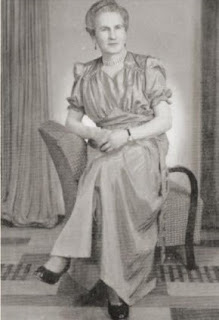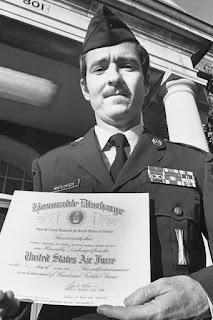Queen of Witches... Queen of Ghosts... Mother of the Dark Moon... Goddess of Magick, the Underworld, and Guardian of the Triple Crossroads—the pre-Olympian moon goddess, Hecate, has carried many titles and worn many masks through the ages, but her power and influence still remain unbowed.
Hecate's Night is celebrated on November 16th and is a significant occasion in pagan traditions, particularly among witches and practitioners of witchcraft. It honors Hecate, the goddess of magic, witchcraft, and the crossroads, who is often depicted with torches and keys. On this night, practitioners gather to offer food and leave offerings at crossroads, believing that Hecate will guide them through their lives' transitions and decisions. The night is also associated with the Deipnon, a meal offered to Hecate, symbolizing purification and the protection of the household.
Hecate is part of Roberto Mendoza's "Simply Divine" series, an Art Nouveau collection of multicultural Gods, Goddesses, Angels and Muses who have been modernized into fierce fashionistas!
• Each vibrant 5.25" x 5.25" semi-gloss, full color print is signed by Roberto Mendoza, and is shipped matted (matted to 8" x 10") and poly-bagged for its protection. Made in the USA.











